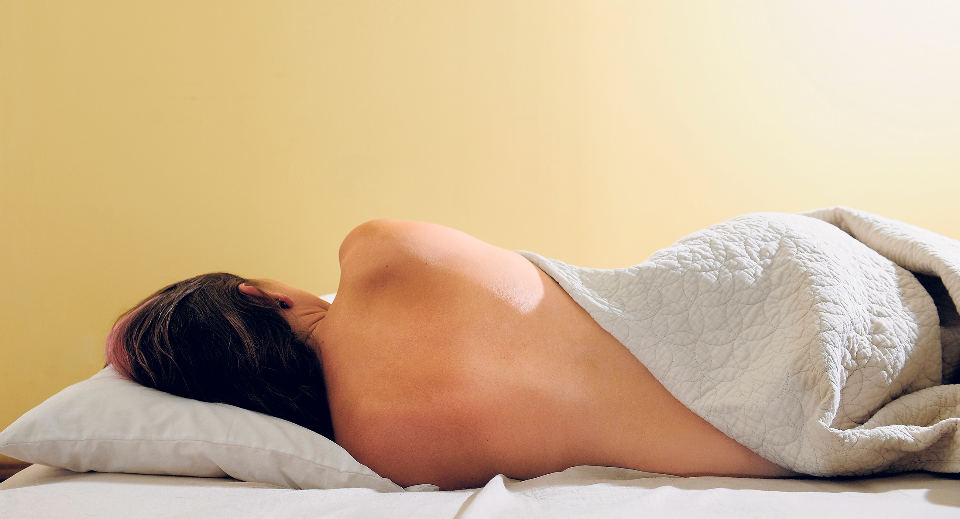If you’re trying to lose weight, you might be curious about how sleep affects your progress.
Is it true that sleep has an impact on weight loss? It’s a crucial question, especially if you’re trying to lose weight by dieting and exercising. Sleep is as important as moving and fuelling our bodies because it allows us to recover and reset.
Professionals recommend that we obtain 6-8 hours of sleep each night, but many of us don’t get anywhere near that amount due to hectic work, families, or even technology. Sleep deprivation has an impact on our ability to operate and, as a result, our eating habits. Can we shed calories when sleeping, and how does a lack of sleep affect our appetite?
We definitely burn calories while sleeping, believe it or not – but we all burn different amounts of calories, just like we do while we’re up. When sleeping, most people burn about 50 calories each hour, although the actual number depends on our personal basal metabolic rate (BMR), and the more sleep we receive, the more calories we burn. As a result, someone who only sleeps 5 hours per night on average is more likely to burn fewer calories than someone who sleeps 8 hours per night on a regular basis. This is why, if you don’t get enough sleep, learning how to sleep for longer periods of time can be beneficial.

As Florence Seabright, nutritionist and founder of FBF Collective, explained “Lack of sleep can impact food choices, whether that’s because adhering to a ‘normal’ healthy, balanced diet just feels more difficult when you’re sleep deprived or because we opt for foods that we believe will give us more energy, such as sugary or sweet foods.”
“Quality sleep is vital in order to allow your body to work efficiently and is an important manner in which your body can recover and perform key biological functions, such as hormone control – particularly those hormones associated to hunger, appetite, and satiety,” Seabright added.
Lack of Sleep and Appetite: Does Sleep affect weight loss?
Hormones play a large role in regulating or boosting our appetites; for example, most of us feel hungrier than usual after drinking alcohol the night before, which is usually due to a lack of quality sleep and hormonal disruption.
According to a study published in PLoS Medicine, when the hunger hormones ghrelin and leptin are disrupted, it can affect our diets and how much we crave food. When you have an empty stomach, Ghrelin, a hormone that helps to alert you when you’re hungry, is released, whereas Leptin helps to suppress appetite and informs the brain when we’re hungry.
“Sleep is critical for our body to manage these hormones,” Seabright explained, “and when the body is unable to balance these hormones appropriately, the outcome might be increased appetite and reduced satiety, making it more difficult to stick to a nutritionally optimum diet.”
In fact, a study of over 1000 persons found that those who slept for shorter periods of time had higher (14.9 percent) ghrelin levels and lower (15.5 percent) leptin levels than those who got a decent night’s sleep. Participants who slept for less than eight hours each night had a higher BMI.
“When we don’t get enough sleep, the hunger hormone ghrelin and the satiety hormone leptin become unbalanced, resulting in greater sensations of hunger and reduced satiety throughout the day,” Seabright added. “Not only do you feel hungry, but you’re less able to recognize when you’re full!”
Does Sleeping Naked Help you Lose Weight?

Whether you choose to sleep in your favorite PJs or something a little more loose, research has shown that sleeping naked offers numerous weight-loss benefits. You may want to bundle up, especially in the winter, but studies have shown that the lower your body temperature while sleeping, the higher your chances of losing weight.
Our body temperature affects not only the quality of our sleep, but also how our metabolism reacts, according to studies. The National Institutes of Health in the United States investigated a group of men for nearly a month in a cooler atmosphere and discovered that it sped up their metabolism and burned brown fat to keep them warm as they slept.
Brown fat, also known as adipose tissue, helps you stay warm when you’re cold by becoming activated when your body temperature reaches a certain level, allowing it to be burned more quickly when you’re cold.
